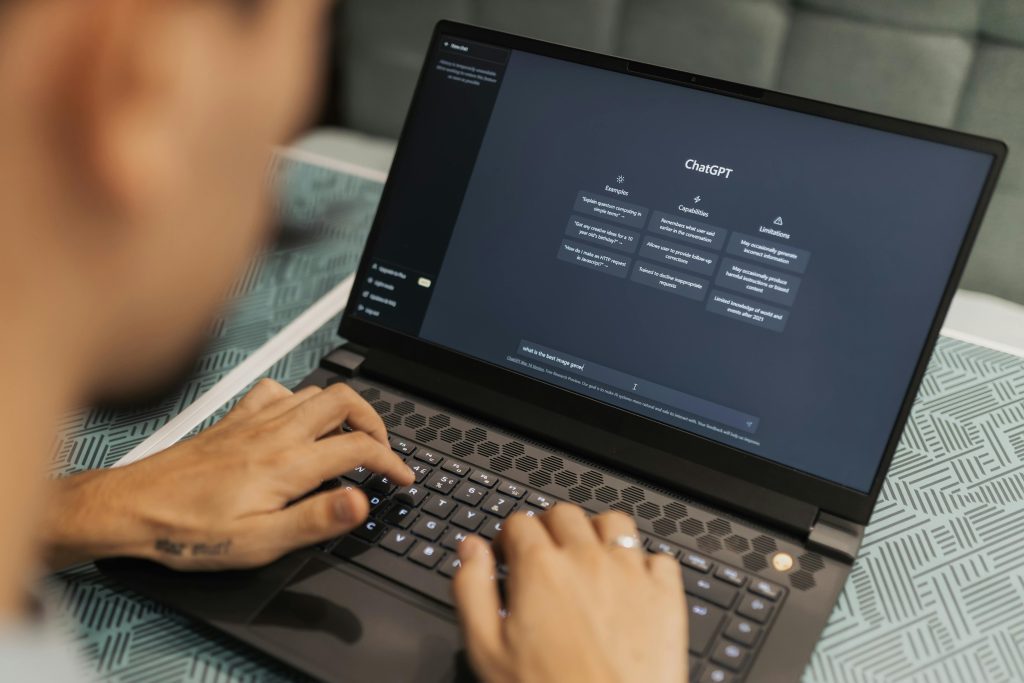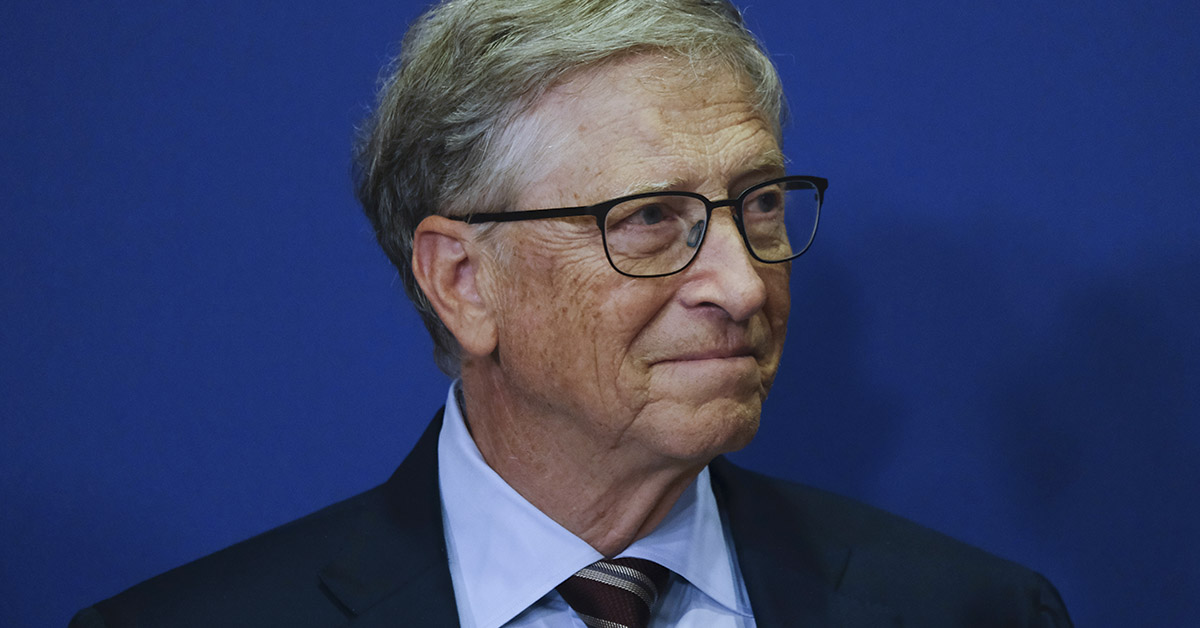Humanity has long been fascinated and fearful of the development of artificial intelligence. Science fiction for many years has imagined spectacular dystopian realities where AI takes over the world and enslave humanity. Another fear that is rapidly becoming a reality is AI taking jobs from humans. With the rise of language learning models (LLMs) such as OpenAI’s ChatGPT have already made some roles redundant.
According to experts and major tech leaders, only a handful of jobs will be left after the AI revolution. Veteran doctors fear for their jobs as LLMs replicate their knowledge in seconds, which took decades to master. As AI makes significant advancements, many people are rationally fearful of losing their jobs to AI. However, Microsoft co-founder Bill Gates has made a bold prediction about the future of work in the ongoing AI revolution.
Gates Reveals the Job AI Cannot Touch

Gates surprisingly predicts that programming will remain as the one profession that is “100% human” for at least the next century. His statement comes as the World Economic Forum predicts 92 million jobs will be displaced by AI by 2030. Some people say it comes as a surprise and a highly unlikely prediction as Gates’s company Microsoft recently began aggressively replacing coding staff with AI workers.
The Creative Spark That Protects Programming

Gates believes programming requires uniquely human qualities that AI cannot possibly replicate, at least for now. He emphasized that creativity and judgment play an important role in successful software development and cannot be emulated by AI. “Writing code isn’t just typing – it’s thinking deeply,” Gates explained during his interview with The Economic Times. Programming involves understanding complex problems, making mental connections, and finding creative solutions that require what he calls the “creative leap” of human coders.
AI Tools Are Helpers, Not Replacements
Current AI programming tools like GitHub Copilot and ChatGPT serve as assistants rather than replacements for human developers. Gates compared these tools to “power chisels” that enhance productivity but do not replace the carpenter. Research shows that nearly 70% of professional developers now use AI coding tools daily, yet these tools primarily handle routine tasks like debugging and code completion. The McKinsey Global Institute projects AI could automate up to 30% of current programming tasks by 2026, but the core creative work still remains human.
The Numbers Behind AI Job Displacement
The scale of AI’s impact on employment is staggering. Tech companies have reported 342 layoffs in 2025, displacing 77,999 employees. AI-driven automation currently accounts for 491 daily job losses across the sector. Microsoft has cut off 6,000 jobs and IBM laid off approximately 8,000 employees, replacing these roles with AI.
The World Economic Forum’s Future of Jobs Report 2025 reveals that 41% of employers worldwide intend to reduce their workforce within 5 years due to AI automation. However, the same report predicts 170 million new jobs will be created, resulting in a net gain of 78 million positions globally.
Why Human Skills Matter More Than Ever
Programming demands skills that extend far beyond code generation. Human developers excel at understanding business context, designing scalable solutions, and making ethical judgments about technology implementation.
Read More: Here’s What Jesus Really Looked Like, According to AI
Humans are able to balance performance trade-offs, consider user experience, and navigate complex organizational requirements that AI cannot fully comprehend. The emotional intelligence and collaborative abilities required for software development still remain distinctly human strengths.
The Reality of Current AI Limitations
Despite impressive advances, AI tools have significant limitations in software development. They struggle with contextual understanding, complex problem-solving, and ethical reasoning. AI-generated code often lacks the nuanced understanding of business requirements and user needs that human programmers naturally possess. Research from the University of Hawaii found that while AI tools improve efficiency in solo programming, their impact in collaborative environments remains mixed.
Other Professions That Will Survive AI
Speaking to Jimmy Fallon on the Tonight Show, Gates identified other careers that will continue to be done by humans. He mentions energy experts and biologists as professions requiring human expertise that machines cannot replicate. Interestingly, Gates also believes sports will remain untouched by AI, noting that “we won’t want to watch computers play baseball”.
The Next Century of Work
Gates’ prediction extends far into the future, suggesting programming will remain human for at least 100 years. This contrasts sharply with his broader AI predictions, where he expects humans will not be required for most functions within the next 10 years. The programming profession’s unique combination of creativity, problem-solving, and ethical judgment creates a protective barrier against AI automation that other fields lack.
The Bottom Line for Programmers
While AI will continue transforming the software development landscape, Gates’ assessment may provide temporary reassurance for programmers. As programming relies on creative problem-solving, contextual understanding, and human judgment, it ensures its longevity in an AI-dominated future. As the technology industry evolves, programming remains one of the few careers where human intelligence and creativity will continue to be irreplaceable for generations to come.
Read More: Boy Visits 17 Doctors Over 3 Years for Chronic Pain—ChatGPT Sheds Light on Diagnosis

